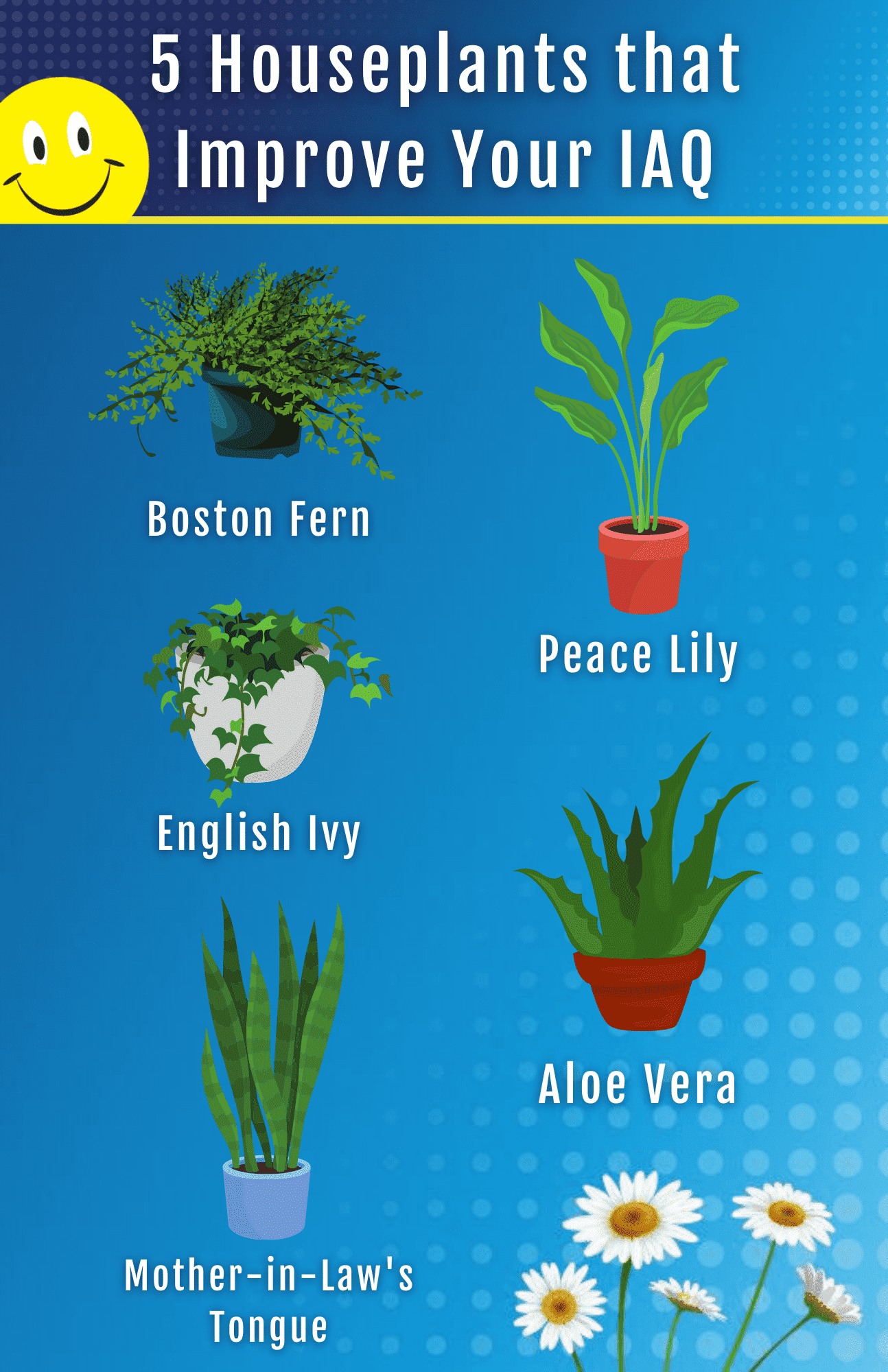Saving money and energy? Sign us up. Keeping your home comfortable and well-maintained is simple if you follow these steps:
How to Save on Heating and Cooling Costs
Saving money is something we can all get behind. While working and learning from home, you’re bound to spend more on heating and cooling costs throughout the year. Being smart about your HVAC use can save a lot of money.
Adjust the Thermostat
Adjusting the thermostat even a few degrees can help to save money and energy in your home. The Environmental Protection Agency recommends keeping your thermostat at 68 degrees in the winter and 78 degrees in summer for the best savings.
Why You Shouldn't Rely on Alternative Heating Methods
If it’s too cold in your home, don’t try to rely on alternative heating solutions like space heaters or heating pads. These products are meant to heat one room or provide heat therapy for a sore muscle or body part, not keep you warm through the winter! If certain rooms in your house are colder than others, your heater may be faulty and require repairs.
4 Easy Ways to Save Water at Home
Saving water is good for the planet and your wallet!
Find and Fix Hidden Leaks
Hidden leaks are a major source of wasted water and money. According to the Environmental Protection Agency, annual household leaks can waste up to 1 trillion gallons of water throughout the United States--the same amount of water used in approximately 11 million homes. Fixing small leaks can save a household 10% on their water bills annually.
Protect Your Drains
Protecting your drains from clogs is another easy way to save money. Produce and food items like celery, artichoke hearts, fruit pits, and coffee grounds are all hard on your garbage disposal and can impact its ability to grind things correctly.
Take Showers, Not Baths
You may have heard that showers use less water than baths, but how much water can you save? An average shower may flow at the rate of 2.5 gallons/minute. So a 10 minute shower may only use 25 gallons of water. A standard freestanding bathtub can hold around 58 gallons of water. Larger tubs may hold up to 80 gallons of water.
Schedule Maintenance
Maintenance is important for all your larger home appliances. Schedule annual check-ups on your water heater to better keep an eye out for leaks or other issues. Catching these problems early can help to reduce the cost and impact of larger issues down the road.
How Can I Improve Indoor Air Quality?
Your indoor air quality is essential to your family’s health. That is why it is important to take extra steps to protect and refresh your air as much as possible!
Invest in Houseplants
Did you know that certain species of houseplants can reduce levels of VOCs in your home? Plants can’t fix all your indoor air quality woes on their own, but they can help make you feel more productive and even boost your mood!

Change the Air Filter
Your air filter is your home’s best defense against airborne contaminants. Dust, dirt and debris, insect parts and shells, pet hair, and pollen are only a few of the contaminants that could be present in your home’s air. When you change your air filter, you’re not only protecting your indoor air quality, but you’re saving money on your heating and cooling costs as well.
Your system has to work much harder to force air through a dirty or clogged air filter. By changing your filter every 30-90 days (depending on how frequently you use your system), you’ll save money and energy while keeping your indoor air clean and breathable.

